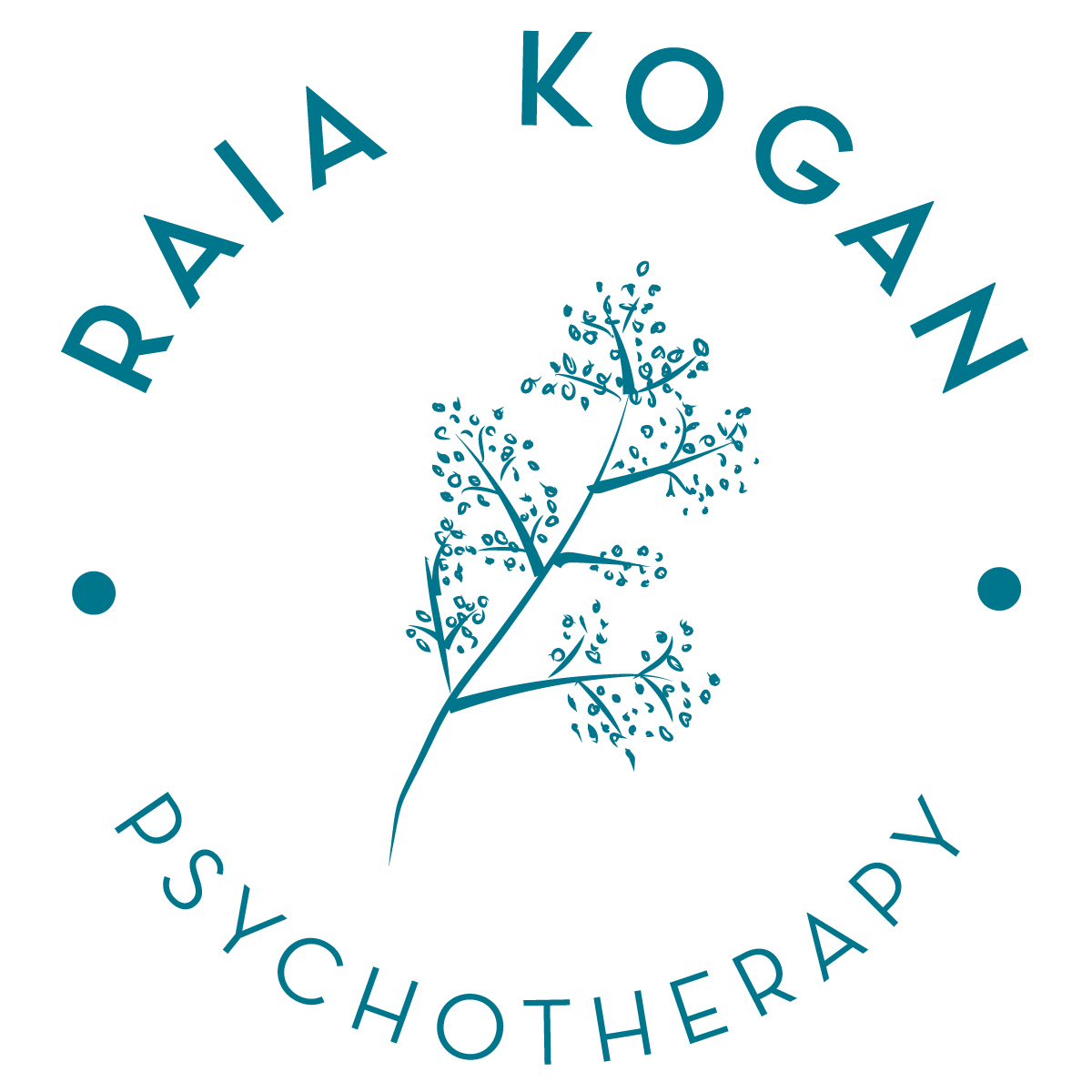When I was first introduced to buddhist philosophy, I thought it was negative. I did not understand the focus on suffering and on death. The first teaching has to do with the reality that sickness, old age, and death are a part of life for all of us. In my buddhist community, our daily chants and contemplations include the line, “death is real and comes without warning.” This is followed by a contemplation of our precious human birth and a commitment to make the most of our time here.
In my life, moments of great celebration have been connected with moments of grief, loss, and awareness of death. A few months before my college graduation, a classmate was killed in Palestine while protecting families and their homes. My graduation included a profound awareness of the sacrifice that she made for what she believed in. The night before my graduation from massage school, a classmate passed away in a car accident. When we arrived to the graduation ceremony, we sat in a circle and learned the news. As I entered a new career, I was aware that she would not get to apply the skills we had practiced together. In my last year of graduate school in psychology, a classmate and friend who was also in her twenties passed away from cancer. As I completed the tedious requirements of my final semester, I had the awareness that she would have been so grateful to be able to do the things that I wanted to complain about, to jump through the hoops of a career that was also a deep calling.
While I do what I can to live a long life, I also live with an awareness that nothing is guaranteed. I try to take risks and to keep my heart open. I try to be present for simple pleasures. I try to appreciate the people who I see in my day. I learn every day that the Buddhist insights into death and suffering are actually profoundly hopeful reminders to be present. I want to be mindful of the breaths and the steps that I have the privilege to take.
My grandfather recently passed away. He was one of my closest people and one of the most loving people I’ve known. Without doing any formal practices, he exuded the compassion and generosity that I have witnessed in some of the great buddhist masters.
Since his death, while grieving, I have been filled with significant optimism and joy. My grandfather had an incredible capacity for pleasure and enjoyment, that comes from knowing suffering and choosing to live fully from that awareness. He survived the holocaust, war, poverty, and hunger. From these experiences, bloomed a heart of compassion, generosity, and tenderness.
The poem by Rashani Rea that I read at my grandpa’s funeral includes the words, “There is a brokenness out of which comes the unbroken, a shatteredness out of which blooms the unshatterable. There is a sorrow beyond all grief which leads to joy and a fragility out of whose depths emerges strength.”
I have found recently that the teachings about remembering death and suffering have opened up a desire to love and care and open my heart in bigger ways than ever before, which I believe is what the buddha intended.
